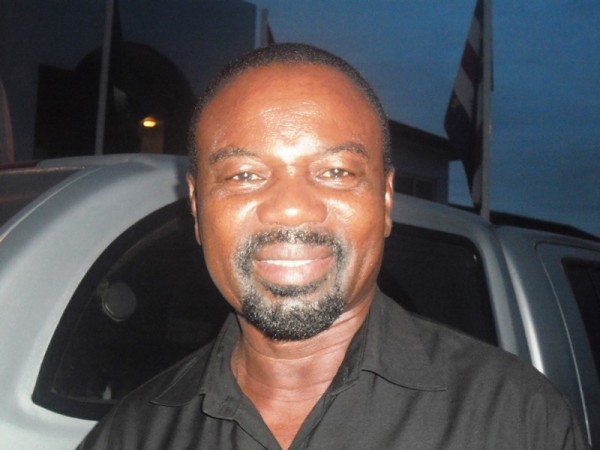Dr. Vladimir Antwi-Danso, senior research fellow at the Legon Centre for International Affairs and Diplomacy is cautioning Ghana to do an extensive preparatory work before heading into the arbitration proceedings with Cote D’Ivoire.
He said he is highly convinced that there are big players such as France and the United States backing Cote D’Ivoire in the matter.
“We have to use all the tools in the tool box when going for arbitration; lobbying, putting your best foot forward, putting your best cards forward and endearing yourself to the committee…but if Cote D’Ivoire gets big players behind them and I suspect in this case, France and the US are going to be behind Cote D’Ivoire,” he advised.
After a series of failed negotiations between Ghana and Cote D’Ivoire, the former has initiated arbitration proceedings under the United Nations Convention on the Law of the Sea (UNCLOS), seeking a declaration that it has not encroached on the latter’s territorial waters in the exploration of oil.
The law suit was also initiated as a result of a continued receipt of threatening letters from Cote D’Ivoire by oil companies operating in the disputed area.
[contextly_sidebar id=”fHW6tFj491ZVvPrPhVJKd1E3dsH1wDUF”]Ghana’s Attorney General (AG) has since dismissed concerns that the situation will give rise to tensions between the two nations with possible dire consequences.
At a press briefing on Tuesday, Marietta Brew Appiah-Oppong said: “It’s not a hostile matter; it’s not as if the countries are at loggerheads or that the head of states are no longer friends.”
She was certain that any ruling on the maritime boundary dispute will be in the favour of Ghana.
Sharing his thoughts on the matter on Eyewitness News, Dr. Antwi-Danso acknowledged that seeking an impartial arbiter to determine the issue “is the most appropriate thing to do…it doesn’t create a case of animosity between the two countries. That is the most appropriate thing otherwise we will keep on quarrelling.”
But he was quite distressed about the seeming relaxed posturing of Ghana on the matter.
He asked: “Do we have a maritime kind of policy? Have we made our navy quick to be able to know where our borders are? The preparation towards all these things was badly handled; I must confess.”
Dr. Antwi-Danso recalled that “in 2007, we got some oil and showed it in Parliament, 2008, the oil was there and Cote D’Ivoire didn’t raise any flag. In 2009, as soon as we seemingly tried to support Gbagbo, they knew what they wanted they wanted to do.”
“Until quite recently, did we have any quarrels with Cote D’Ivoire? They got oil before we did but as soon as ours seems to be in better quantities, they raised the red flags,” he remarked.
He mentioned that nobody is looking at the geopolitics of the situation and neither is anyone considering the international political economy of it therefore, “we need to be very careful about this.”
According to him, Ghana should have taken immediate and effective steps to resolve the matter especially when “Cote D’Ivoire came out with anger, writing to individual operators instead of writing to Ghana. They became very aggressive to meet our counterparts. Did we put our correct people there at that point? Did we listen?”
The senior research fellow was somehow optimistic that “maybe we [Ghana] are right, maybe we have our documents right but have we done the lobbying, have we done our proper lobbying?”
“All these things are issues we needed to look at and ask; are they no hands behind Quattara [Alassane Ouattara, President of Cote D’Ivoire] which are claiming this thing?” Dr. Antwi Danso advised.
By: Efua Idan Osam/citifmonline.com/Ghana
Follow @osamidan


